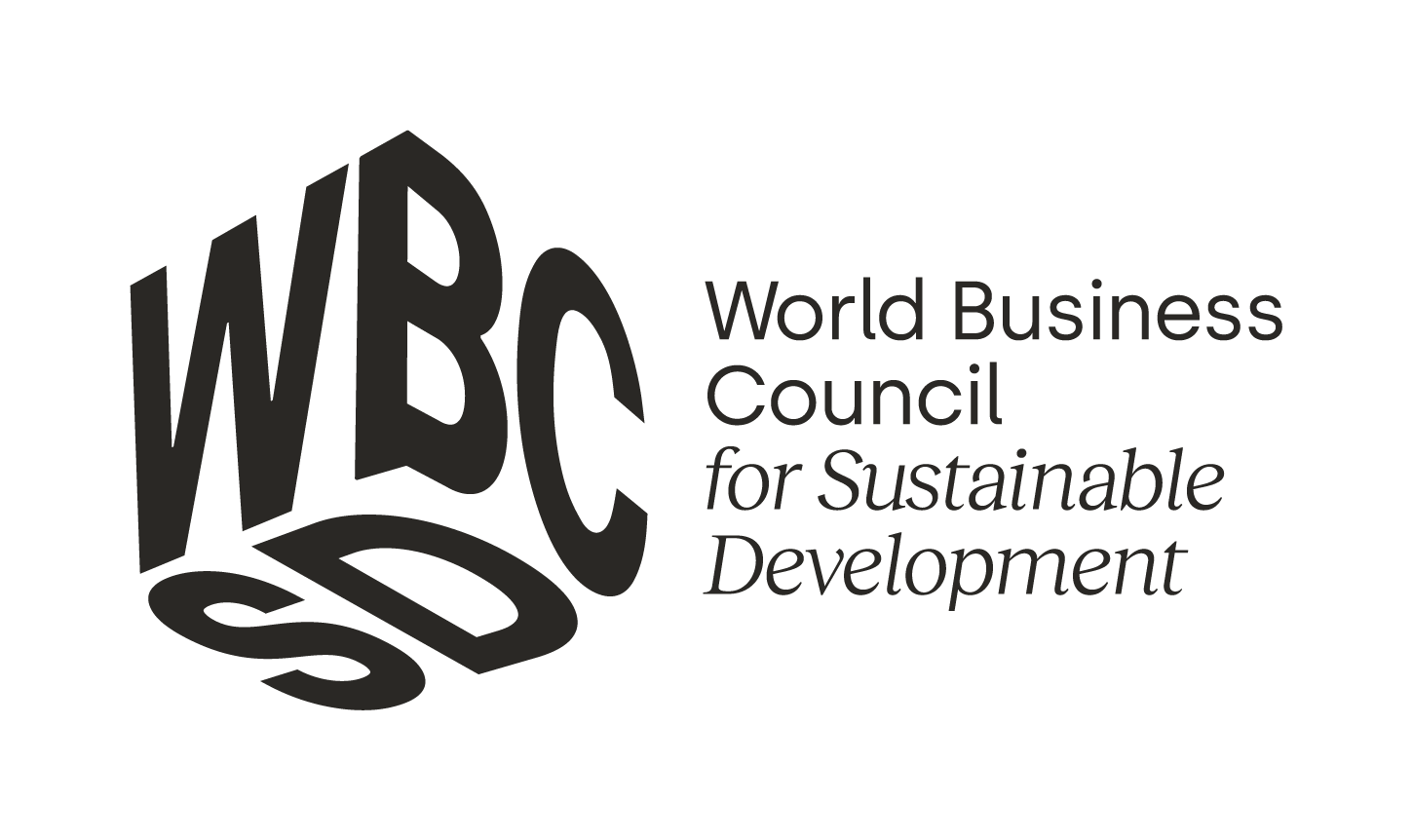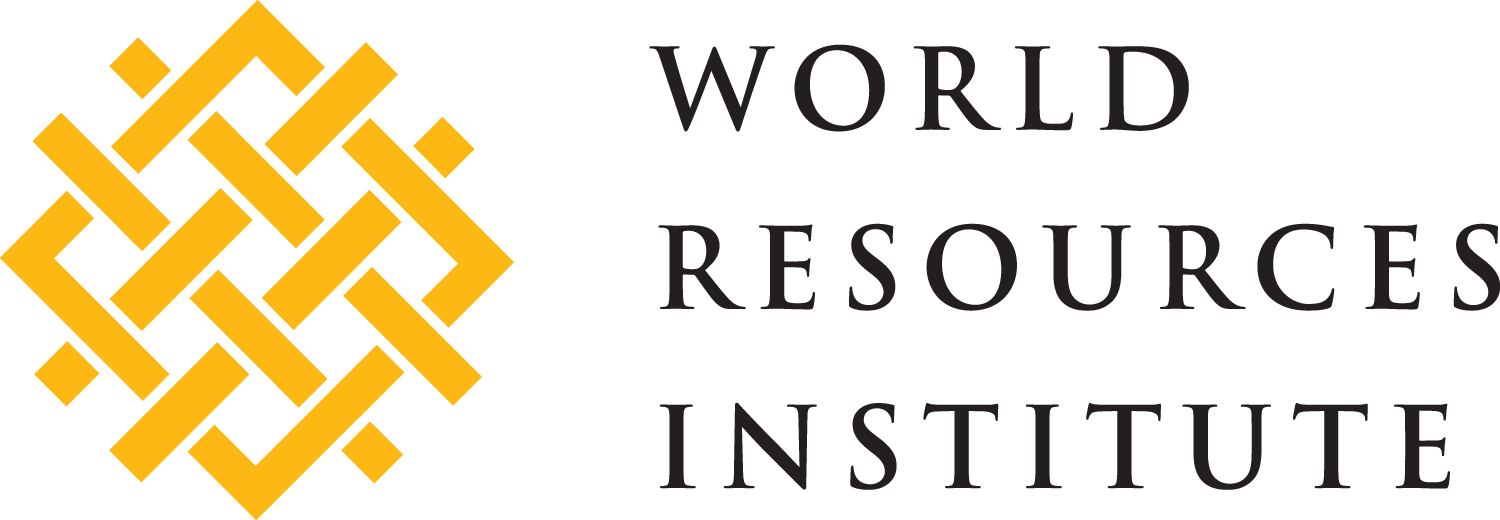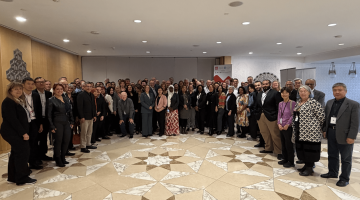About WRI
World Resources Institute is a global research organization that turns big ideas into action at the nexus of environment, economic opportunity and human well-being.
OUR APPROACH
COUNT IT
We start with data. We conduct independent research and draw on the latest technology to develop new insights and recommendations. Our rigorous analysis identifies risks, unveils opportunities, and informs smart strategies. We focus our efforts on influential and emerging economies where the future of sustainability will be determined.
CHANGE IT
We use our research to influence government policies, business strategies, and civil society action. We test projects with communities, companies, and government agencies to build a strong evidence base. Then, we work with partners to deliver change on the ground that alleviates poverty and strengthens society. We hold ourselves accountable to ensure our outcomes will be bold and enduring.
SCALE IT
We don’t think small. Once tested, we work with partners to adopt and expand our efforts regionally and globally. We engage with decision-makers to carry out our ideas and elevate our impact. We measure success through government and business actions that improve people’s lives and sustain a healthy environment.
About WBCSD

The World Business Council for Sustainable Development (WBCSD) is the leading community of over 250 global businesses making sustainability performance a key driver for competitiveness. Established in 1995, WBCSD is a non-profit member-led organization that connects business leaders through all sectors and major economies, and creates the tools and frameworks to scale collective impact, drive cross-sector innovation, and shape an ambitious, enabling policy agenda.
Operating from seven offices worldwide — in Geneva, New York, Chicago, Amsterdam, London, Singapore and Wuhan — WBCSD enables collaboration across value chains and geographies. Together with their members, WBCSD are rewiring economic and financial systems to support the transition to a net-zero, nature-positive, and inclusive future that creates business value.
Latest news
Save the Date: Land Sector and Removals Standard
We are pleased to share that GHG Protocol will publish its first Land Sector and Removals (LSR) Standard on January 30, 2026.
GHG Protocol Newsletter: November 2025
GHG Protocol Newsletter: November 2025





